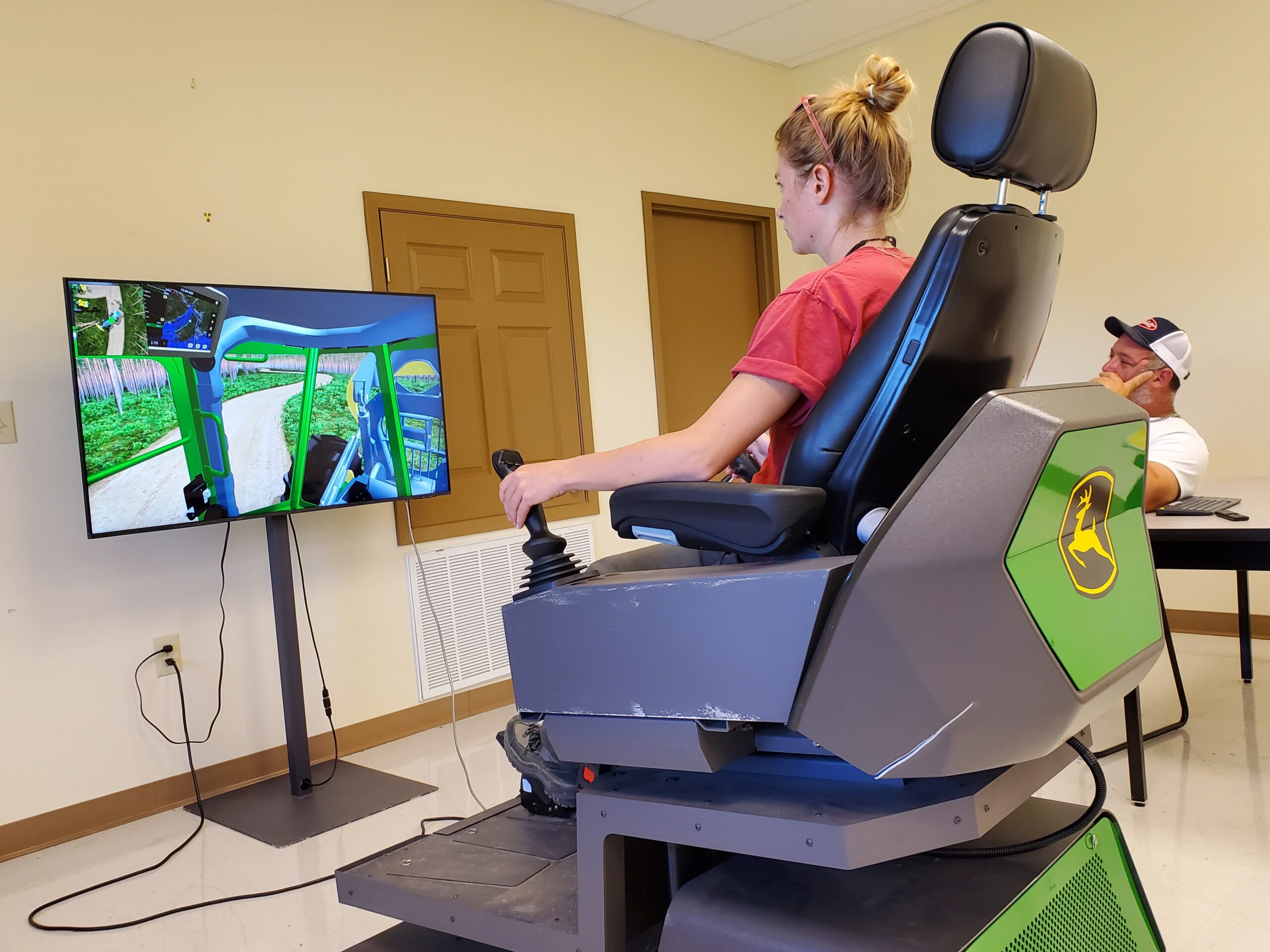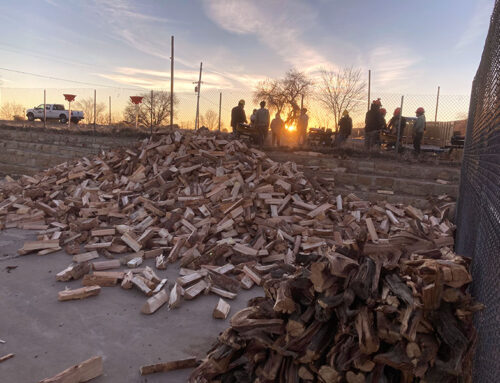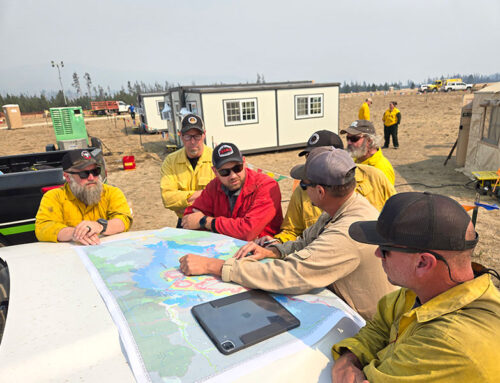The Forest Operations and Biomass Utilization team at ERI completed an ongoing project synthesizing thinning cost studies published over the last 40 years (1980–2020) in the US West. We found that forest thinning operational costs in the western US are highly variable and depend on machine productivity, silvicultural prescriptions, harvesting methods and systems, and non-operational variables. The main factors determining the final cost of forest thinning are the harvesting method and the machines used to accomplish thinning prescription objectives. A whole-tree harvesting method offers a cost-competitive option for thinning while effectively reducing wildfire hazards, but requires additional costs to manage biomass. A peer-reviewed research paper summarizing the study outcomes will be published in the Journal of Forestry in late 2022.
In June, Dr. Han-Sup Han and his graduate student Erin Burk traveled to Mississippi to collect data for a study titled, “Effectiveness of simulator training compared to machine training for equipment operators in the logging industry.” Findings from the study show that operators perform similarly whether they’ve been trained on a simulator or real machine, and that training institutions and contractors can expect substantial cost savings when using simulator-based training. Its conclusions support the idea that contractors will benefit from sending their new operators to the Forest Operations Training Program (FOTP), currently being developed by the NAU team. Erin presented the preliminary outcomes of this study at the 2022 Council on Forest Engineering (COFE) meeting, which was held in Corvallis, OR in early October 2022.
Dr. Edward M. (Ted) Bilek has joined the NAU team to develop a business plan for the proposed FOTP, developed in partnership with Coconino County and two community colleges in northern Arizona. His focus is on the financial sustainability of the proposed training center. To date, the team has identified and acquired a peer-reviewed forestry-based cash flow model that is being modified to evaluate and assess the financial feasibility of running a forest operations training center for the next 20 years. The model will include all the cost items required to offer three training programs (forest machine operators, truck drivers and heavy equipment maintenance and repair specialists). The team will identify and summarize multiple revenue streams to be incorporated into the model. We will perform break-even and sensitivity analysis evaluate financial risks associated with high-cost items and discontinued incomes. A preliminary outcome of the FOTP financial sustainability study will be available by the end of December 2022.




